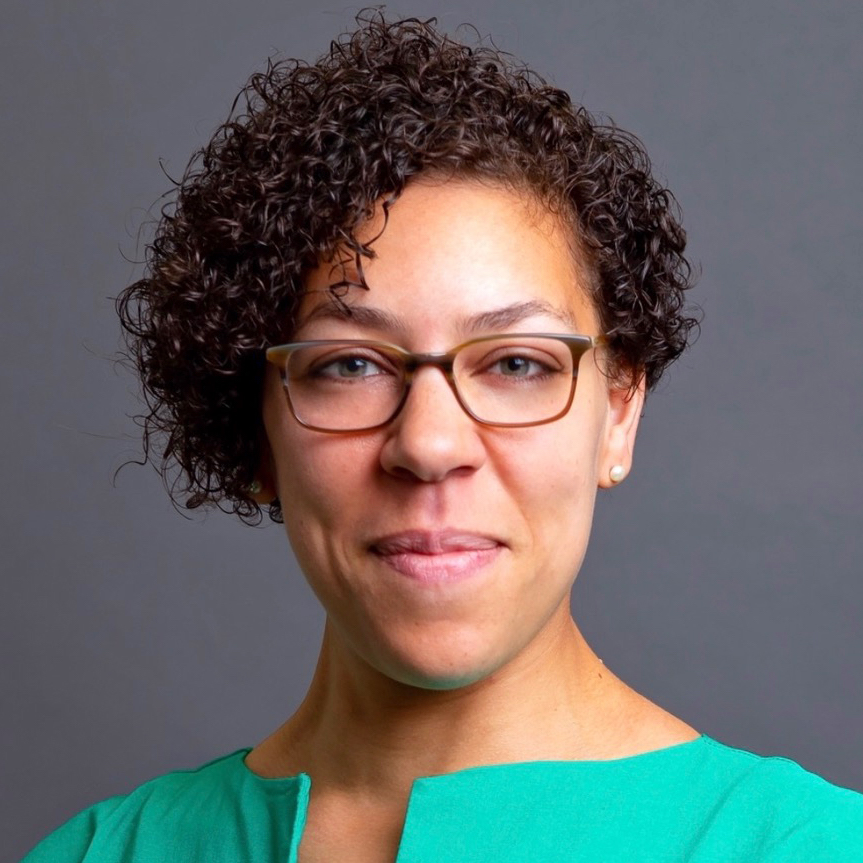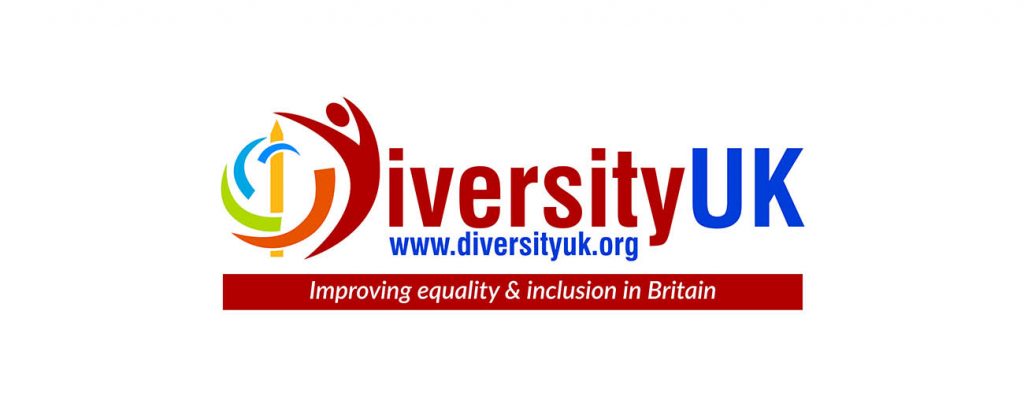How diversity and inclusion can help you succeed…

Diversity UK is a charity, founded in 2012, which focuses on informing and educating the public about equality and inclusion initiatives, particularly in relation to race diversity. We do this by publishing articles on our website, via newsletters and on social media.
We also undertake other initiatives on race equality including:
» Entering into the debate with parliamentarians and other diversity organisations.
» Engaging with workplace equality networks.
» Organising an event on International Women’s Day (IWD) or speaking at other IWD events which takes place on 8th March annually.
» Ensuring Diversity UK is known to community organisations and networks so that we can mutually support each other.
What’s a Public Appointment?
Diversity UK also holds public bodies to account about the appointment of black, Asian and minority ethnic (BAME) individuals to senior positions in the public sector. A public appointment is generally a ministerial appointment to the board of a public body or advisory committee. Public bodies across the UK deliver important and essential public services. This includes large public bodies overseen by boards of directors and small, advisory committees made up of lay members, experts and specialists. Examples of Public Bodies include NHS Trusts, the Food Standards Authority and organisations like the Arts Council. Overall there are in the order of 6,000 public appointees (as of 31st March 2018).
As part of our work on public appointments, Diversity UK has undertaken research on the appointments process; participated in consultations, convened roundtable discussions, facilitated debates, hosted networking events and showcased good practice.
What does this mean for me?
All this may seem a very long way away from getting your first job, but, by ensuring equality, diversity and inclusion (ED&I) is at the forefront of the minds of the biggest bosses in the UK, we hope good practice filters down throughout the organisations they represent.
This is constructive activism in keeping issues like the gender pay gap, ethnic pay gap, racism, bullying and harassment, microaggressions, career progression, and fair treatment at the forefront. We all want to live a fair and equal society and this is our way of ensuring that this actually happens.
You can be what you can’t see!
Research has shown that diverse organisations are more profitable, take fewer risks and are more representative of the audiences they serve so there really is no better time to aim high. You can be what you can’t see!
On the next couple of pages we ask how Trustee of Diversity UK, Francesca Jus-Burke, and Advisory Board Member Shivani Sharma got started in their careers.
You can find out more about us at https://diversityuk.org/


Francesca Jus-Burke, Associate at Ince
What is your current role?
I am an associate (junior lawyer) in the corporate/commercial team at Ince, which means I advise businesses on matters such as buying or investing into a company, agreements for the provision of products/services, carrying out filings at Companies House (the register of companies in England and Wales), etc.
How did you get your job?
My career history between university and joining a law firm was focused on trying to get to the Olympics (which I didn’t manage) and then earning enough money to pay my way through post-graduate study. What I did get was lots of valuable work experience in private practice (law firms) and in-house (legal departments within companies), which helped me determine what type of law firm I wanted to work for.
I found out about Ince when researching the types of international law firms that practiced shipping/commodities/insurance law. Some people apply to firms via their vacation schemes, which are paid one/two week placements. I did one elsewhere and applied directly for a training contract at Ince. I had to complete an online verbal reasoning test and carry out two written exercises followed by an interview with a partner and a member of HR.
What would you have done differently if you were being interviewed for it now?
Nothing. I think I had the right level of extracurricular activities and work experience to stand out from the crowd. I was also passionate about why I wanted to join Ince (having done my research) and having had a few unsuccessful interviews beforehand I had polished my interview/assessment techniques so I was confident I could get the job.
What’s the best question you’ve been asked at an interview and how did you respond?
One that stands out is being asked whether I held any prejudices. I answered that given my experience in the charity and D&I spheres I appreciate that everyone has their own backstory, so did not think I had any. I was asked a few questions challenging that answer but stuck to my guns!
What sort of questions should applicants ask employers?
I think three good questions are:
• Why did you join the company and what has kept you here?
• What is the working culture like?
• Do you have any concerns that I might not be suitable for the role on the basis of my answers?
What skills do you need to do your job and how did you develop them?
Communication: I spend a lot of my time writing emails, drafting documents and talking to colleagues or clients. You have to be good at communicating your point succinctly, whether in writing or orally.
Our clients (and partners in the firm) are busy people who don’t have the time to read long-winded emails. I developed oral communication skills through presenting and I developed written communication skills over time through school, university and my various jobs.
Team-working: Depending on the department you are in you are often required to work closely with more senior and junior members of your team, which means you have to be good at working with other people (i.e. taking responsibility where necessary and supporting others). I developed this skill mainly through team sports at school and university.
Self-motivation/drive: As a junior lawyer you are given work by lots of other people, which you need to complete within set deadlines. That said, as everybody is busy with their own work, you are also relatively autonomous, which means you need to be able to deliver work without being chased.
Time-management/prioritisation: Linked to the above, work gets thrown at you left, right and centre, all of which is seemingly urgent. So you need to be able to prioritise the work you are given and manage your workload so you can deliver to people’s deadlines but also maintain your quality of work.

Shivani Sharma, Quantitative Research Analyst - J.P. Morgan Asset Management
What is your current role?
I am a Quantitative Research Analyst at J.P. Morgan Asset Management in London. My team sits within the ‘Equities’ division, meaning that I work with fund managers who are responsible for investing clients’ money in the stocks and shares of a wide range of companies. My role involves enhancing the process of choosing which companies to include and how to construct these funds using mathematical and statistical methods, and programming languages such as Python. Before joining J.P. Morgan, I completed a BSc in Mathematics and Economics at the London School of Economics.
I applied for the Asset Management Products Summer Analyst Programme in my final year of university, and was invited to interview for the Quantitative Research team given the nature of my university course. Having completed the summer internship, I received an offer to join the firm full-time as an Analyst.
What would you have done differently if you were being interviewed for it now?
I remember being overwhelmed before my interviews because I didn’t know anything about being in Quantitative Research; I assumed that it wasn’t for me and that I didn’t have the right skill set, and this mindset made my preparation agonising rather than exciting.
A few pieces of advice regarding interviews would be to try to get excited for the process, don’t put too much pressure on yourself, and have faith that the firm you are interviewing for wants you to do well rather than catch you out or interrogate you. Any firm that has the opposite attitude may not be a firm you want to work for.
What’s the best question you’ve been asked at an interview and how did you respond?
How many fridges are there in India? These ‘market sizing’ questions involve combining general knowledge, commercial awareness and logical reasoning, and are surprisingly common in finance interviews. I think that I started with the population of India, and got to my answer by making assumptions about the number of individuals per household, the proportion of households that may own a fridge and the number of fridges per household.
One question I was interested in before starting my career is: “In your opinion, is this industry/division a good place to start a career, and why?”. Just because a few people chose to start their careers in one space 30 years ago doesn’t necessarily mean it is the place to start a career today, based on market conditions. This is always going to be a relevant question, and asking interviewers for their opinion tends to go down well.
What skills do you need to do your job and how did you develop them?
The key skills involved in my role are reasonable mathematical ability and strong logic reasoning. Regardless of your coding ability (to reiterate, I had never done any coding before starting), you will always be able to learn as long as you can apply logic. Being comfortable with numbers is also essential in finding your role interesting and enjoyable.


